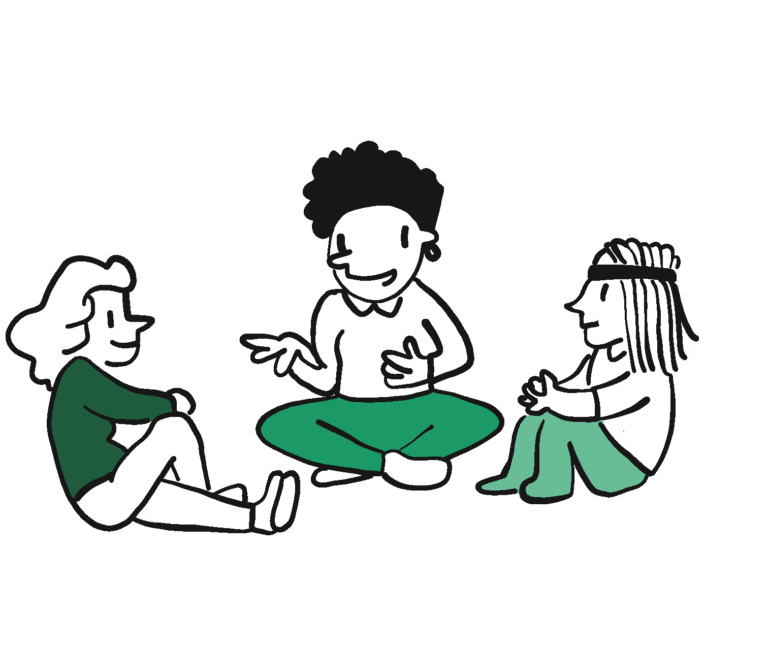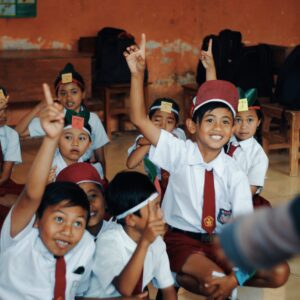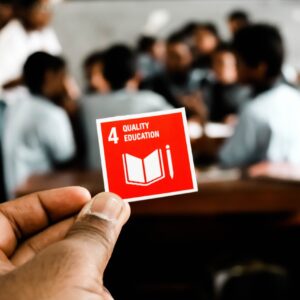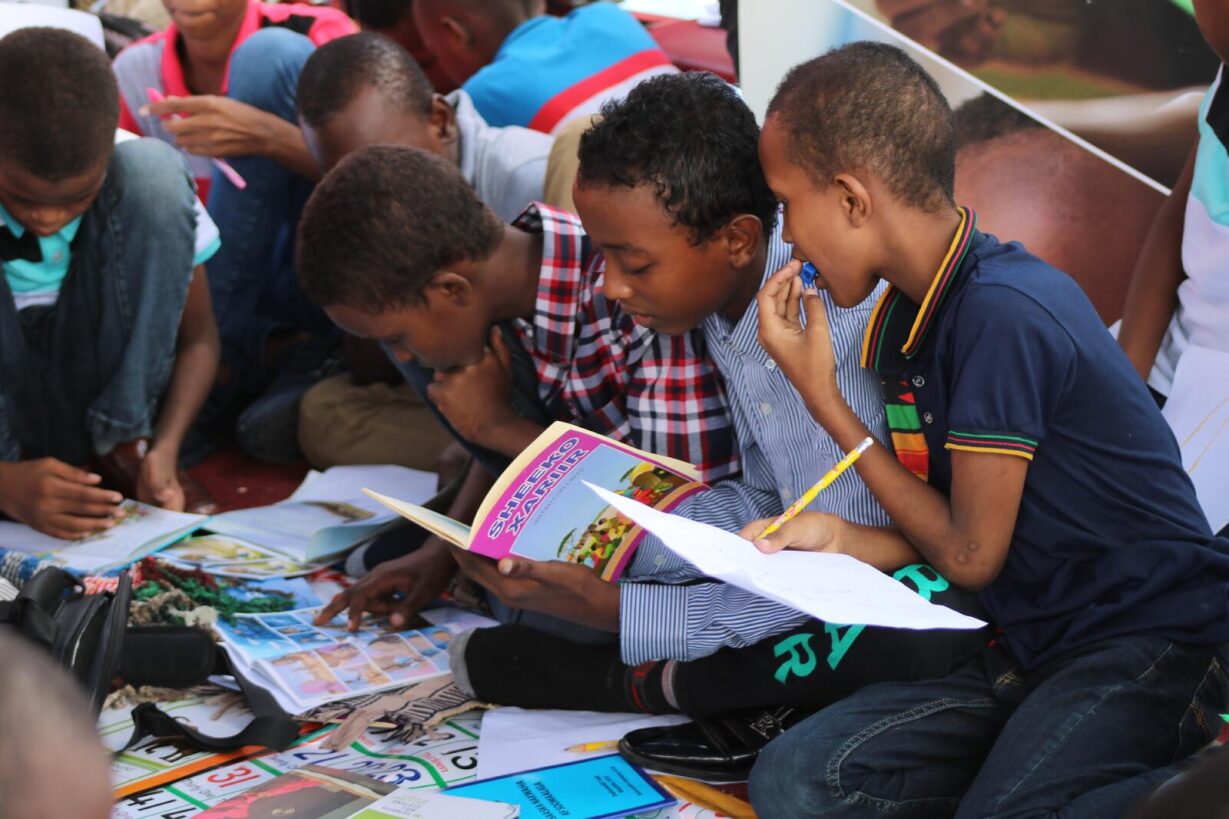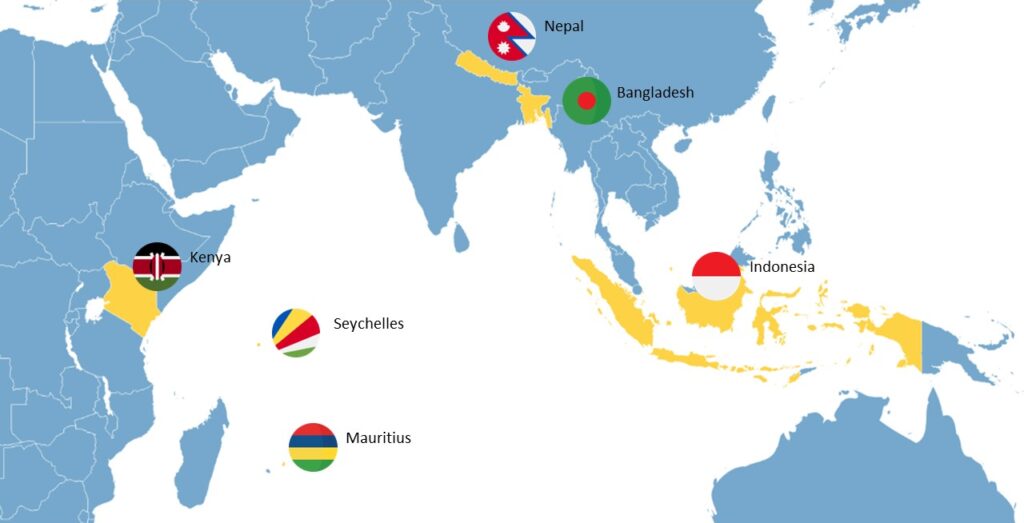
The Fellowship program is made possible through a partnership between the Ministries of Education of Bangladesh, Indonesia, Kenya, Mauritius, Nepal, and Seychelles, with Arigatou International, the Guerrand-Hermes Foundation for Peace, KAICIID International Dialogue Centre, the Muslim Council of Elders, the Higher Committee of Human Fraternity, the UNESCO New Delhi Cluster Office, and the UNESCO Regional Office for Eastern Africa, in collaboration with the National Commissions for UNESCO of the participating countries.

